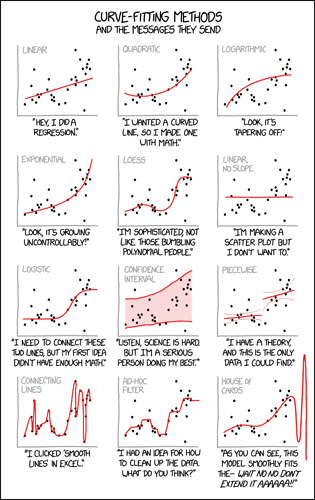Another article about just how bad nutritional science is and the bias in some areas.
What amazes me is how this bias research ended up with conclusions like:
“He helped cook up the idea for the now ubiquitous 100-calorie snack packs, for instance. And he served up the suggestion to have fruit bowls placed prominently on our kitchen counters.”
Imagine having 13 of your studies retreated, and 15 edited after the fact.
“van der Zee and colleagues had identified at least 42 Wansink studies with alleged issues ranging from minor to severe. Those studies had collectively been cited by other researchers 3,700 times, been published in over 25 journals and eight books, and spanned 20 years of research, van der Zee noted.”
And we wonder why people don’t know what to eat!









